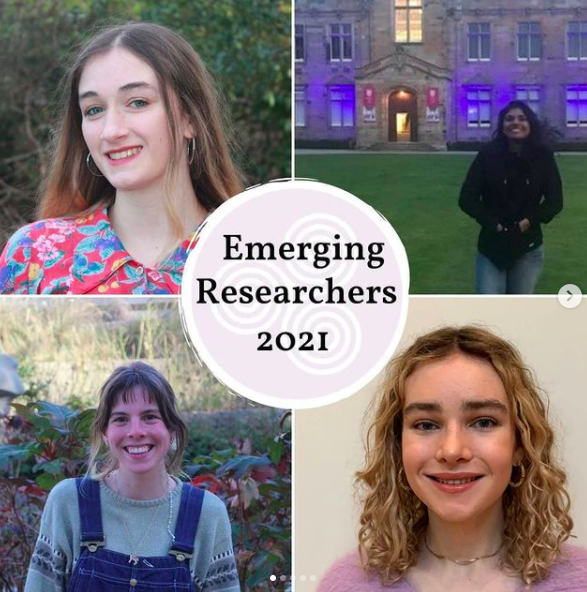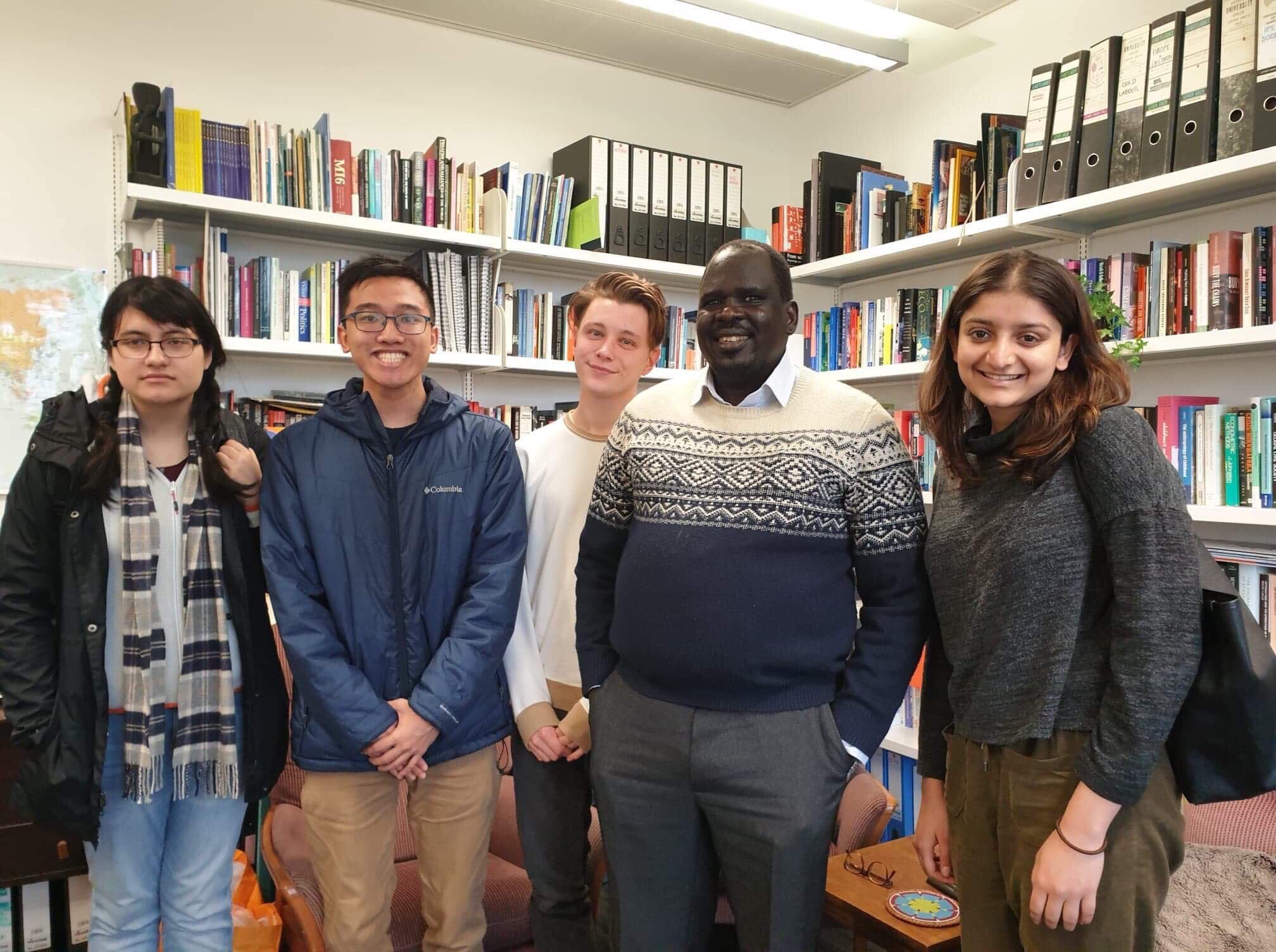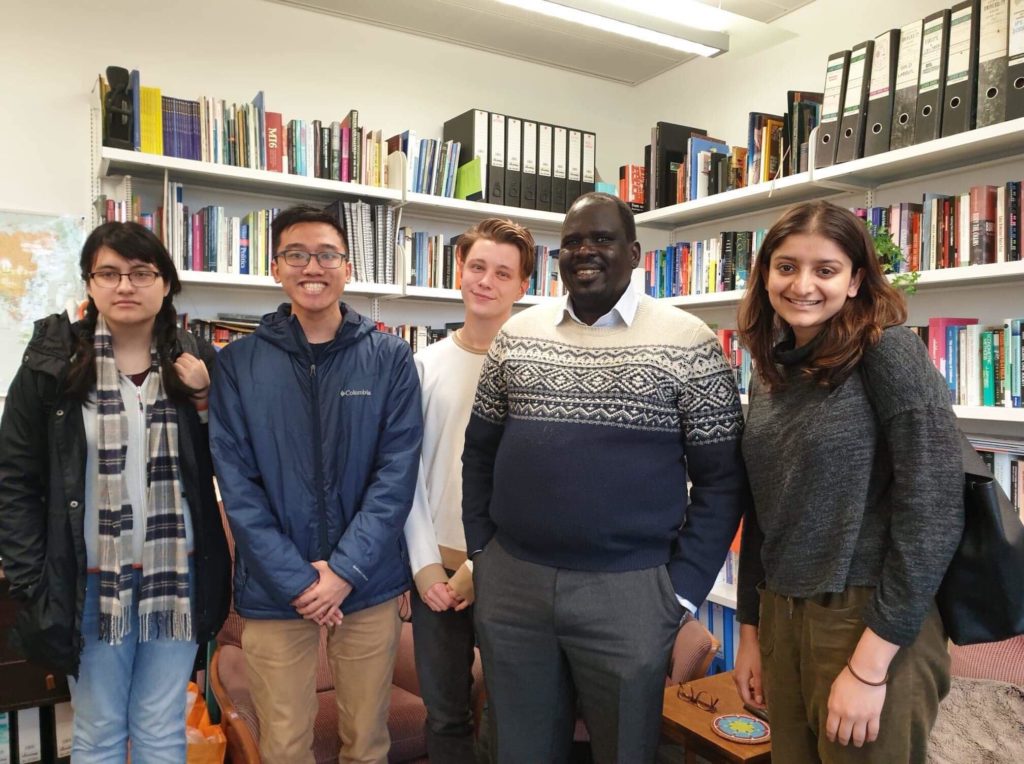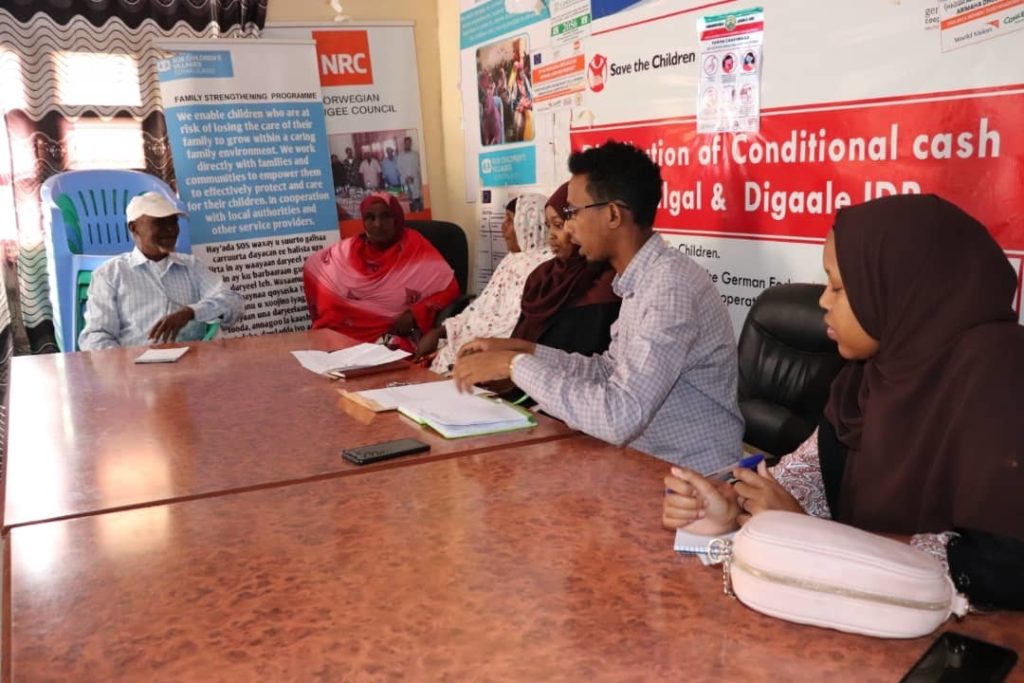Talk of climate change is so often framed in terms of the science – the targets that need to be reached and the technology that is being developed to mitigate against it. These are undoubtedly important, but what sometimes gets lost are the ways that climate change is already impacting marginalised communities across the globe, and how prioritising such climate injustices can potentially lead to climate action. The Third Generation Project (TGP) does just this.
As the University of St Andrews’ first think tank, and one of the only think tanks in the world to focus on climate change education, the TGP’s mission is to put those on the front lines of climate change at the heart of a progressive education agenda. Established in 2016 by Professor Ali Watson and postgraduate researcher Bennett Collins, both of the School of International Relations, its aim is to ‘do academia differently’ by adopting a collaborative approach to education and research. With funding from bodies including National Geographic, the Global Challenges Research Fund, the Russell Trust and EDI Fund St Andrews, the project is educating a new generation of climate justice researchers in working with communities both in Scotland and across the globe to facilitate climate action.
Education for Climate Justice
In keeping with the TGP’s collaborative approach, its management team is a partnership of established and emerging researchers at every level of the University, from faculty members and former postdoctoral researchers to St Andrews graduates and undergraduates. This, coupled with a wider team of affiliated staff and project partners alongside a distinguished Strategic Advisory Board, creates a dynamic range of expertise upon which TGP can draw. It has led to a range of activities, from developing learning materials for schools, to educating a new generation of scholars, engaging with practitioners and policymakers and prioritising climate justice. TGP’s emphasis is always on bringing marginalised voices and perspectives into climate education, working in collaboration with communities in Scotland, in East Africa and in North America to highlight the importance of prioritising climate justice in policy and in practice.
One of TGP’s key programming strands is ‘Climate Realities’. This began with the project ‘Breaking the 4th Wall of Climate Migration’, which comprised a series of workshops that brought together community organisers, journalists, human rights advocates and academics alongside teachers and pupils from three local Fife secondary schools: Bell Baxter High School, Madras College, and St Leonards School. The pupils were given access to a unique set of resources, including transcripts from interviews conducted by international and locally based-teams in Kenya and Somaliland with those already experiencing the impact of climate change first-hand. They were also taught by members of the project team, including journalists and community organisers, to understand the wider historical context of each situation as well as how digital storytelling can be done in an ethical and an accountable way. As a result of the success of this approach, the team developed a wider strand of programming under the banner ‘Climate Realities’, which aims to improve the quantity and quality of climate justice education in the Scottish school curriculum, and to do so in a way that prioritises anti-racist and anti-colonial narratives.
The Third Generation Project has also been involved in discussions around how climate justice and anti-racist education in Scotland can look. In 2020, TGP – alongside individuals from Glasgow Caledonian University, Edinburgh University, SCOREscotland, Teach the Future, and other anti-racist, youth, and climate educators – came together to initiate the Education for Climate Justice workshop series. The project, funded by the Scottish Universities Insight Institute, organised three workshops to unpack three key themes within climate justice and how to integrate them into the classroom and into policy: anti-racism education, just transitions, and climate anxiety. The Third Generation Project is also currently involved in the Building Racial Literacy programme with the Scottish government, which aims to set anti-racism as a baseline professional value and empower educators to identify and implement anti-racist behaviours and processes in their everyday practice.
Making Research Action and Community Oriented

TGP also reflects on the ways in which academic disciplines are taught, and the ways in which research takes place. The Emerging Researchers Programme is a product of this critical examination of Western academia. An intensive year-long training programme for social science undergraduates, the Programme teaches the next generation of academic researchers how to work collaboratively, and to be accountable to the communities involved in their research and outreach. One aspect of this which drives the emerging researchers’ projects is the need to address Western biases, partly through reform in educational practice but also by amplifying the voices of marginalised communities and creating opportunities for collaborative conversations within Scotland and across the globe. This is also a priority for TGP’s blog, The Frontline, which works with communities to tell their own stories. It has so far provided unique first-hand accounts from activists and community organisers regarding the impact climate change, and those who drive it, are having on marginalised communities.
The Third Generation Project’s core values include putting people first, valuing community, getting researchers to recognise the privilege of their different positionalities and how to use this privilege to bring about equitable partnerships, and bringing people from all backgrounds together. Its methodology focuses on building equal partnerships which result in research that is informed, and often led, by communities themselves. Keeping in line with this philosophy, TGP will launch in February 2022 of TGP’s ‘Human Rights Clinic’, an adjunct to TGP’s core programming that will operate as a mutual aid clinic working with marginalised communities within Scotland. Students will work on tasks – both research-based and day-to-day practical assignments – put forth by organisations working within and led by communities facing political and socio-economic inequities. The 2022 flagship cohort will be working alongside Rajpot, an advocacy and education organisation founded and led by members of the Scottish Gypsy Traveller community.
As Scotland’s oldest university, the University of St Andrews has a crucial role to play in shaping what higher education in Scotland can be. And by hosting the Third Generation Project, with its clear progressive education agenda focused on climate justice and an internationally collaborative approach, the University is leading the way.



